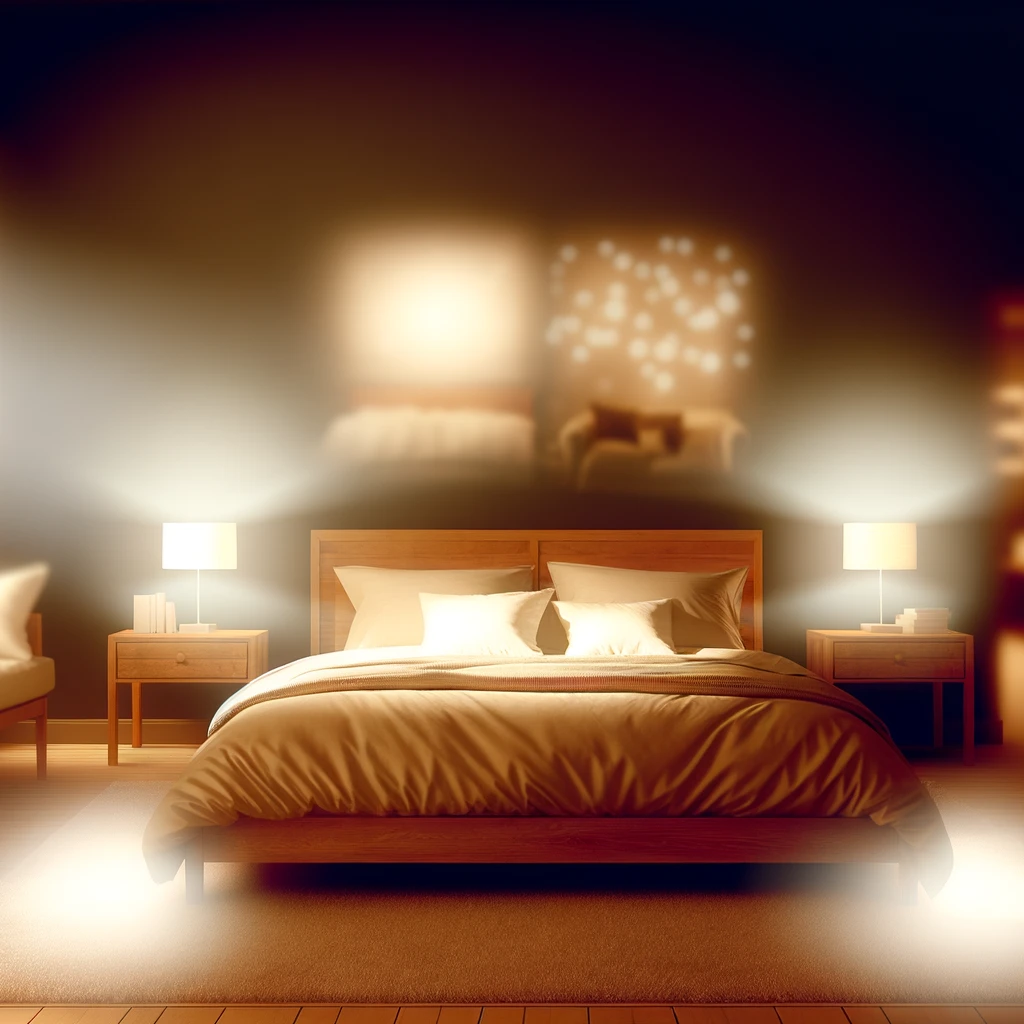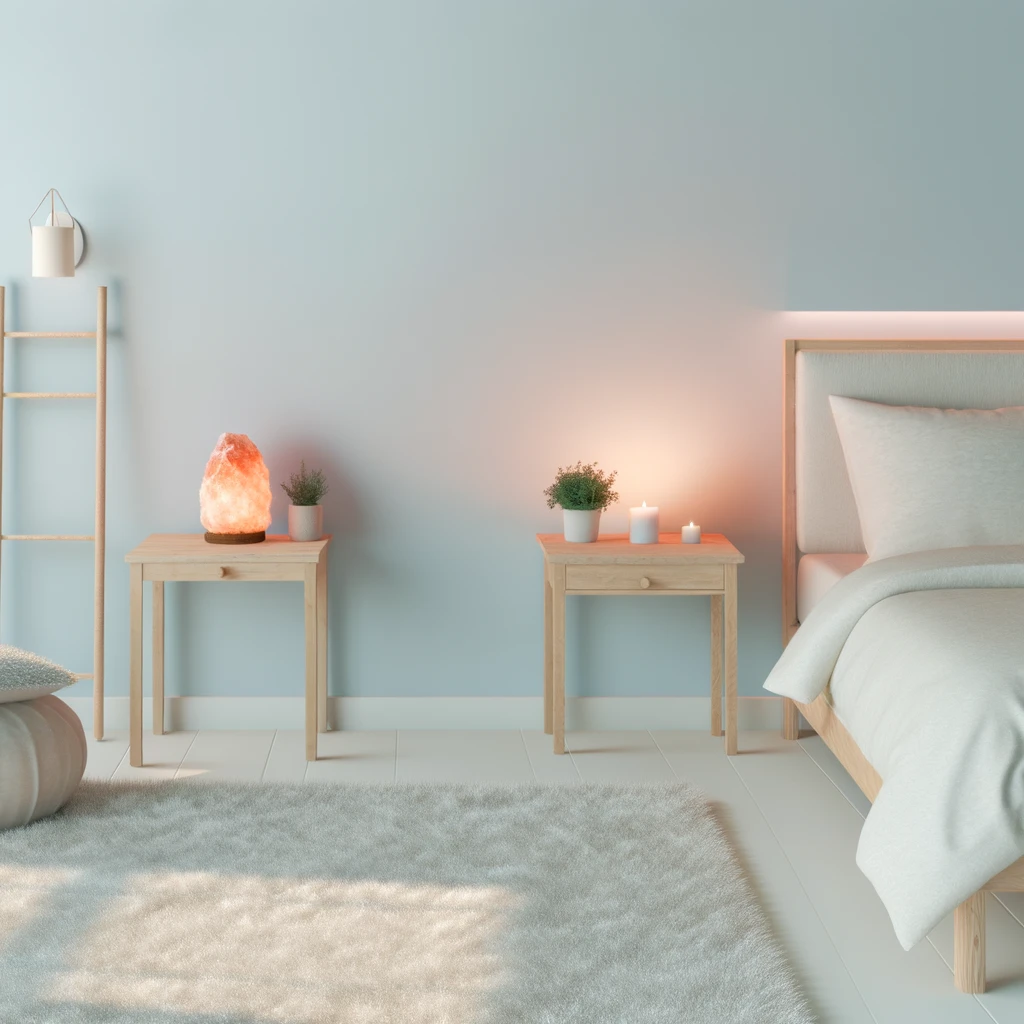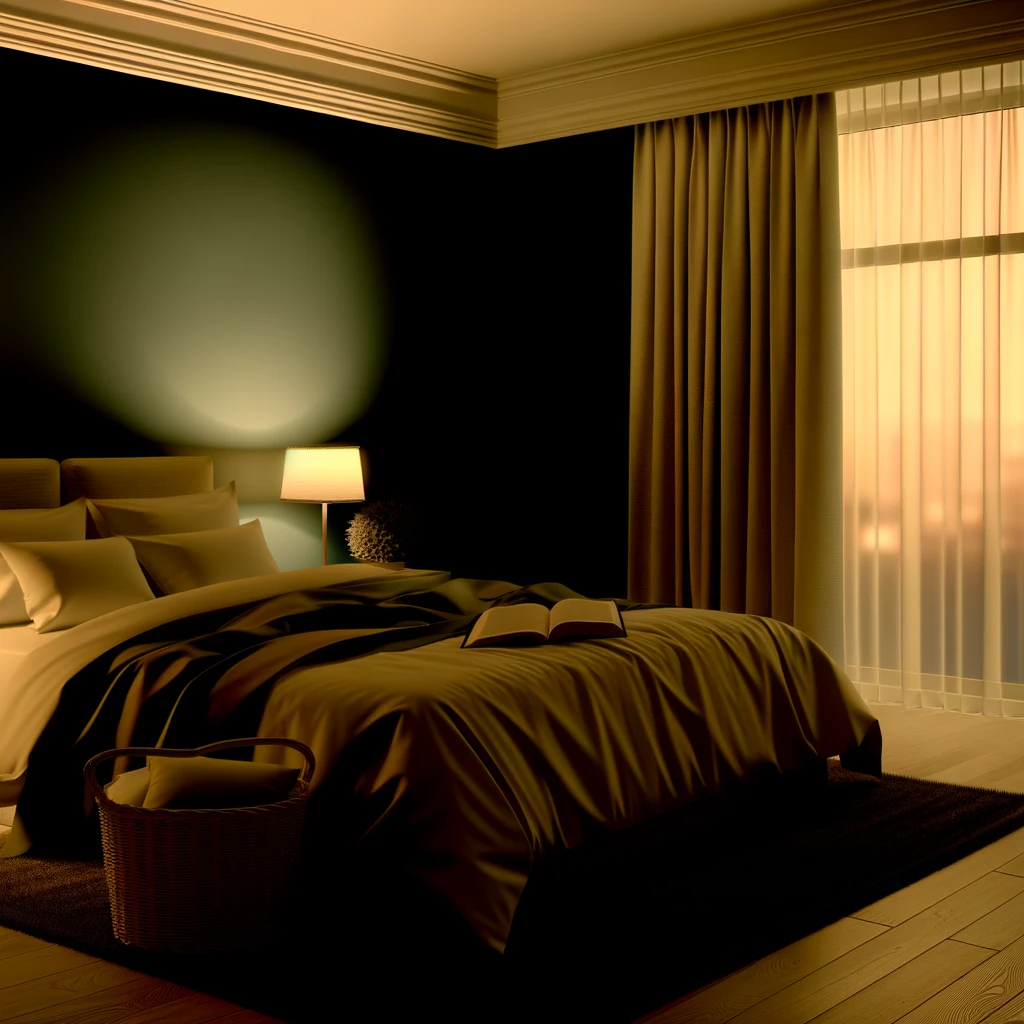Related Articles











In today's fast-paced world, achieving deep, restorative sleep is more crucial than ever. Poor sleep quality not only affects our daily performance but also our long-term health. This guide will explore the concept of sleep hygiene and how it can help you unlock the secrets to deep sleep.
Sleep hygiene encompasses a variety of practices and habits that are necessary for obtaining quality sleep and full daytime alertness. It involves adjusting your daily routines, environment, and mindset to promote better sleep.
Good sleep hygiene can help prevent sleep disorders and ensure that you wake up feeling refreshed and energized. It plays a vital role in maintaining overall health, improving mood, and enhancing cognitive function.
Your bedroom should be a sanctuary for sleep. Consider the following tips to create an ideal sleep environment:
Going to bed and waking up at the same time each day helps regulate your body's internal clock. Consistency reinforces your body's sleep-wake cycle, promoting better sleep quality.
Engaging in calming activities before bed can signal to your body that it's time to wind down. Consider the following:
Identifying and mitigating factors that disrupt sleep is crucial for maintaining sleep hygiene. Common sleep disruptors include:
Both substances are stimulants that can interfere with your ability to fall asleep. Avoid consuming them in the afternoon and evening.
Eating large meals or drinking alcohol close to bedtime can disrupt your sleep cycle. Aim to finish eating at least two hours before bed.
Shift work, traveling, or irregular schedules can cause your internal clock to become misaligned. Try to stick to a regular sleep pattern as much as possible.
Unlocking deep sleep is not just about getting the recommended seven to nine hours of rest. It's about improving the quality of your sleep through effective sleep hygiene practices. By making small changes to your environment, routine, and lifestyle, you can experience the restorative sleep your body needs for optimum health and well-being.